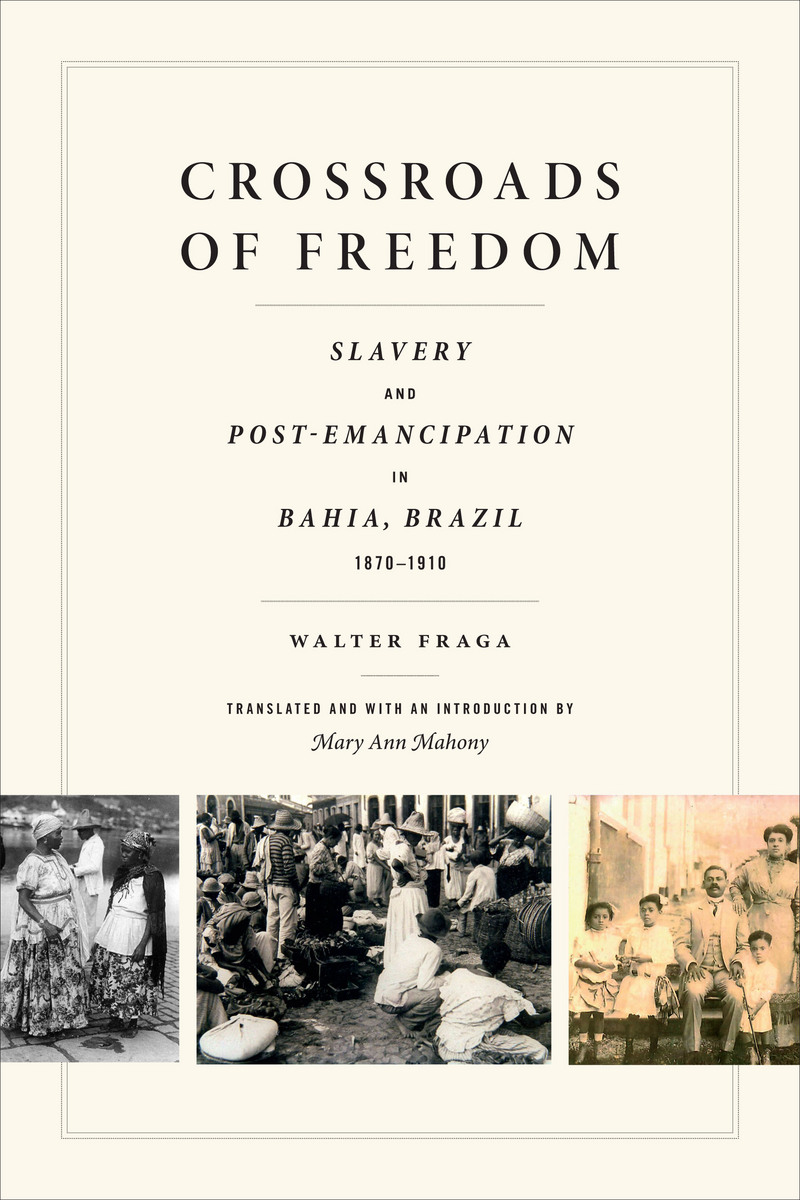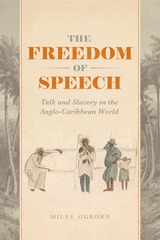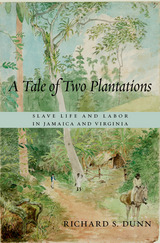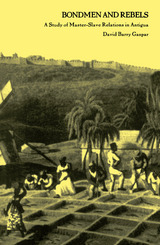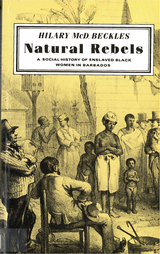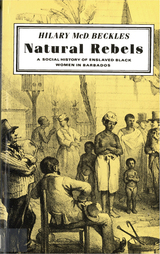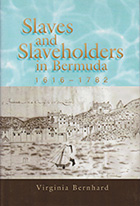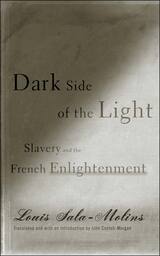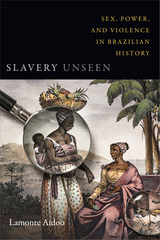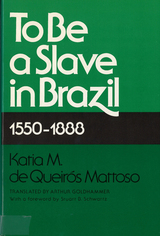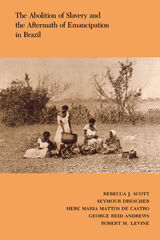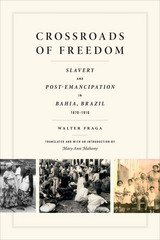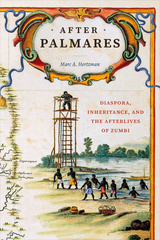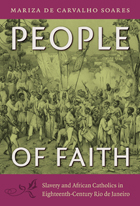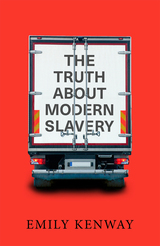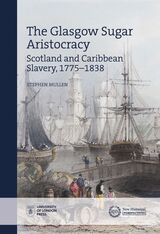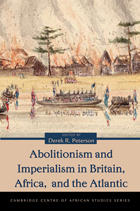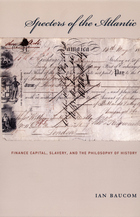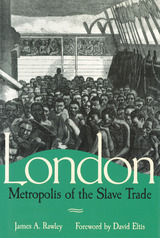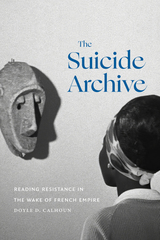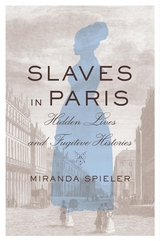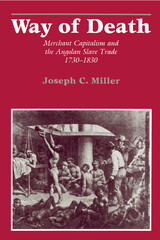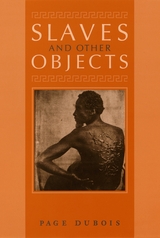Crossroads of Freedom: Slaves and Freed People in Bahia, Brazil, 1870-1910
Duke University Press, 2016
Cloth: 978-0-8223-6090-2 | Paper: 978-0-8223-6076-6 | eISBN: 978-0-8223-7455-8 (standard)
Library of Congress Classification HT1129.B33F5513 2016
See other books on: Bahia (State) | Crossroads | Freedmen | Freedom | Slaves
See other titles from Duke University Press
Cloth: 978-0-8223-6090-2 | Paper: 978-0-8223-6076-6 | eISBN: 978-0-8223-7455-8 (standard)
Library of Congress Classification HT1129.B33F5513 2016
ABOUT THIS BOOK | AUTHOR BIOGRAPHY | REVIEWS | TOC | REQUEST ACCESSIBLE FILE
ABOUT THIS BOOK
By 1870 the sugar plantations of the Recôncavo region in Bahia, Brazil, held at least seventy thousand slaves, making it one of the largest and most enduring slave societies in the Americas. In this new translation of Crossroads of Freedom—which won the 2011 Clarence H. Haring Prize for the Most Outstanding Book on Latin American History—Walter Fraga charts these slaves' daily lives and recounts their struggle to make a future for themselves following slavery's abolition in 1888. Through painstaking archival research, he illuminates the hopes, difficulties, opportunities, and setbacks of ex-slaves and plantation owners alike as they adjusted to their postabolition environment. Breaking new ground in Brazilian historiography, Fraga does not see an abrupt shift with slavery's abolition; rather, he describes a period of continuous change in which the strategies, customs, and identities that slaves built under slavery allowed them to navigate their newfound freedom. Fraga's analysis of how Recôncavo's residents came to define freedom and slavery more accurately describes this seminal period in Brazilian history, while clarifying how slavery and freedom are understood in the present.
See other books on: Bahia (State) | Crossroads | Freedmen | Freedom | Slaves
See other titles from Duke University Press
